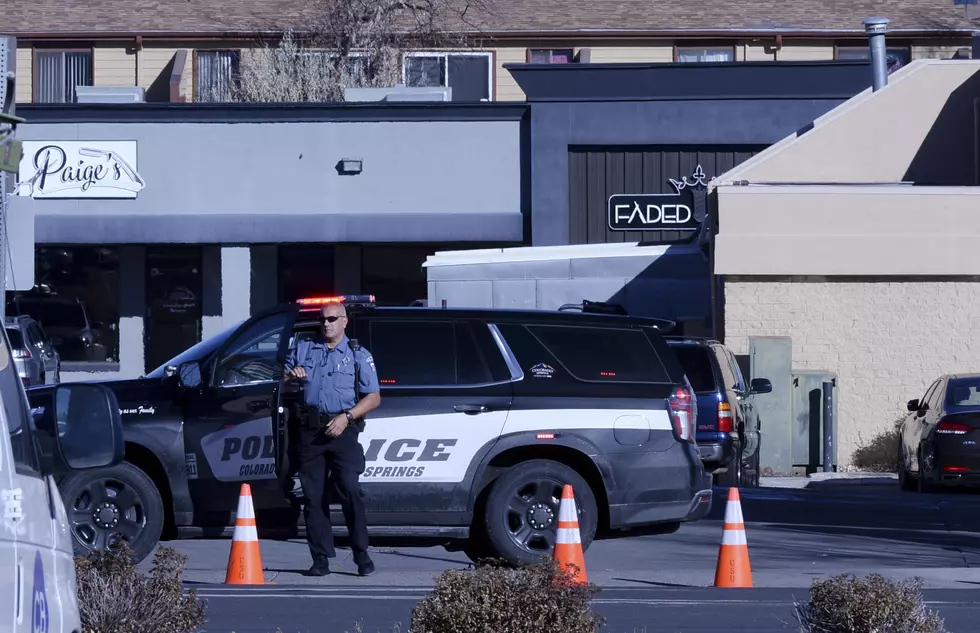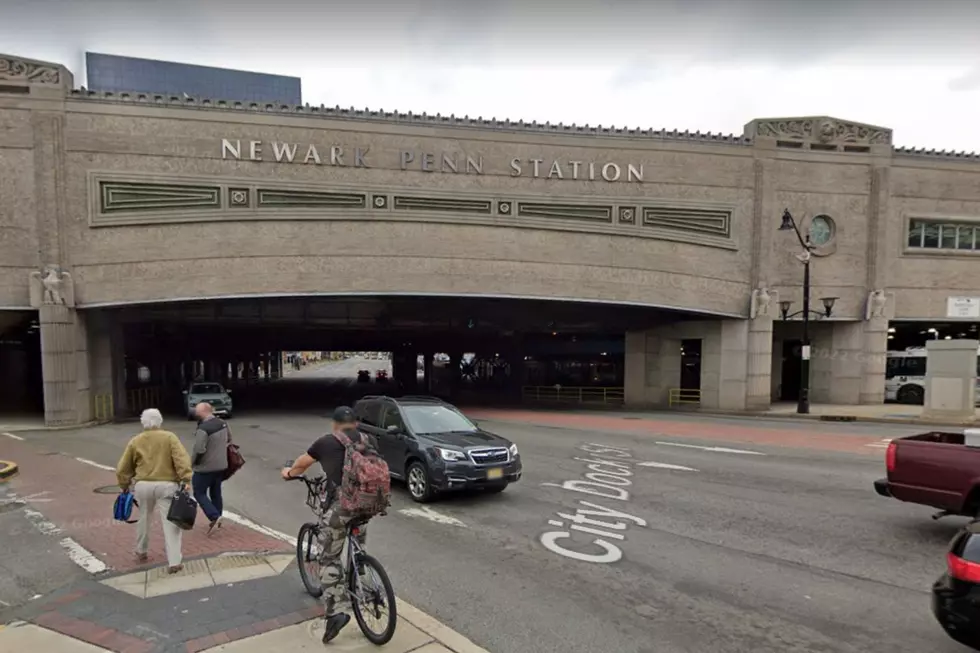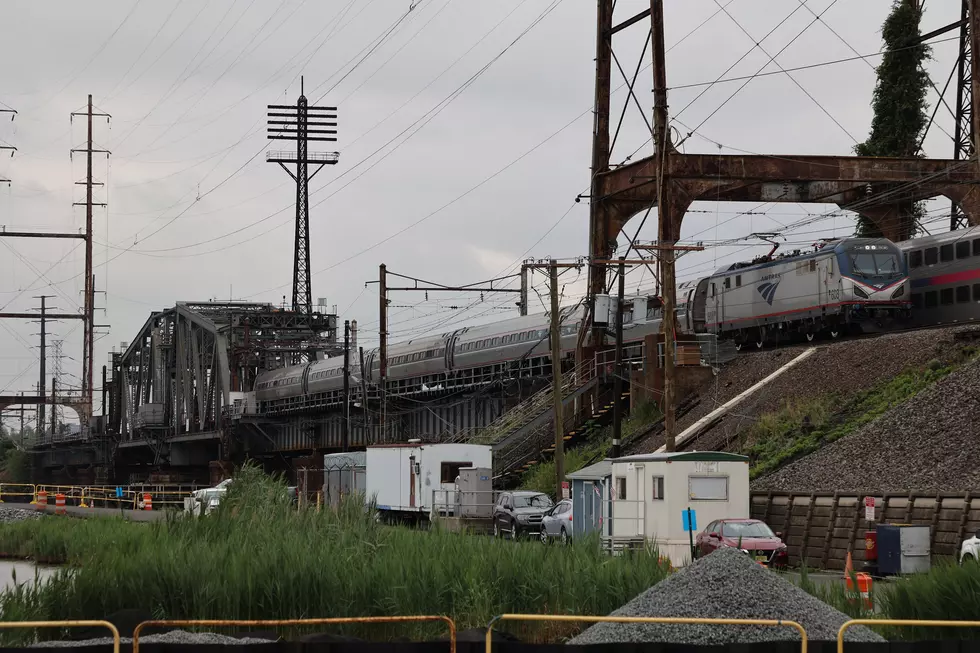
Feds blame NJ Transit for letting sleeping engineer crash train
Federal investigators have concluded the NJ Transit engineer who crashed a train at the Hoboken terminal in September 2016, killing a woman on the platform and injuring more than a hundred passengers, fell asleep at the wheel right before the accident.
The National Transportation Safety Board report issued Tuesday finds the engineer suffered from a sleep apnea condition that was undiagnosed because NJ Transit did not require train operators or anybody else to be tested for it.
The report also notes NJ Transit does not have adequate safety devices at the end of tracks to prevent trains from slamming into platforms and buildings.
The federal report comes as the nonprofit transportation agency gets pummeled by irate customers, angered over frequent delays and cancelations, as well as by the state's new Democratic governor, who has promised top-down changes at NJ Transit.
Assemblyman John McKeon, D-Morris, who presided over a series of legislative hearings last year that reviewed a number of problems at NJ Transit, said it’s unfortunate that testing for sleep apnea wasn’t mandatory. But, he says, it's the same old story.
“There’s so much that we know that NJ Transit hasn’t done, and has done inadequately, that are already part of the rules and regulations," he said.
He pointed out firefighters are tested to make sure they’re healthy enough to use the equipment, so “why wouldn’t we test engineers as well? It’s just common sense, logical. I’m sure it’s something the unions frankly should welcome.”
McKeon stressed it’s also important for the agency to complete installation of positive train control, a program that will automatically slow down and stop runaway trains.
“Positive train control is a lot more than just something in theory; it’s something that can save lives.”
Assembly Transportation Committee Chairman Dan Benson, D-Mercer, said NJ Transit must ensure train operators have schedules that allow them to be properly rested “and that if there are medical conditions, they’re addressed before they’re put in a critical situation.”
He said NJ Transit must also have a risk-management policy that looks at “what other risks are out there and what are we doing to prevent catastrophic failure in the future.”
When asked to comment on the NTSB report, a spokeswoman for NJ Transit provided the following statement:
NJ TRANSIT is keenly focused on safety and forward progress. We participated in and cooperated fully with the NTSB’s investigation and are pleased that the NTSB acknowledged our aggressive sleep apnea screening protocol that mandates all safety sensitive employees who screen positive be immediately pulled from duty and will only be reinstated in their craft if they get the appropriate medical certification.
NJ TRANSIT is developing a technology solution to enforce civil speeds at terminal stations. This is in addition to the proactive safety measures put in place in October 2016, which included having a conductor ride in the cab car with the engineer and reducing the speed limit restrictions coming into Hoboken and Atlantic City Terminals from 10 mph to 5 mph. All NJ TRANSIT revenue service trains have been outfitted with inward and outward facing cameras in the locomotives and cab cars. Friction bumper blocks, designed to absorb impact, are being installed at Hoboken Terminal.
U.S. Sen. Bob Menendez, the ranking member of the Senate’s mass transit subcommittee, said the report shows that NJ Transit could have prevented the Hoboken crash. Instead, it "put its riders at unnecessary risk."
“Once the envy of the nation, NJ Transit has become the posterchild for what can go wrong when you bleed a transit agency dry of critical resources and fail to prioritize infrastructure investment. I am pleased that Gov. Murphy has made getting N.J. Transit back on track a cornerstone of his new administration," Menendez said.
More From 105.7TheHawk:
More From 105.7 The Hawk










